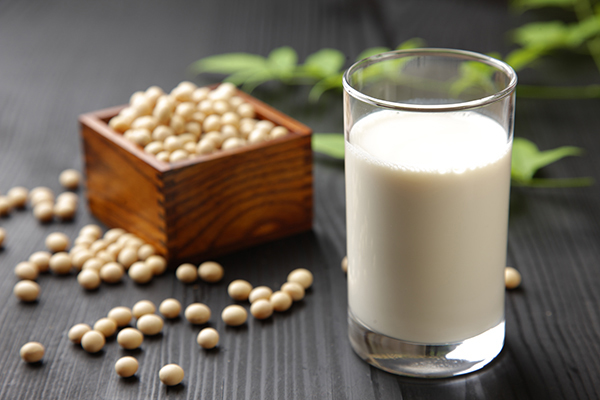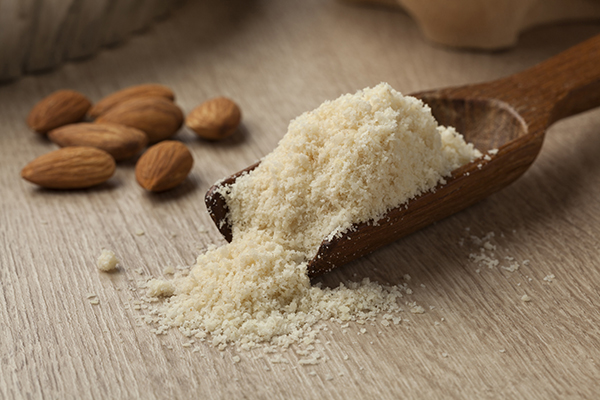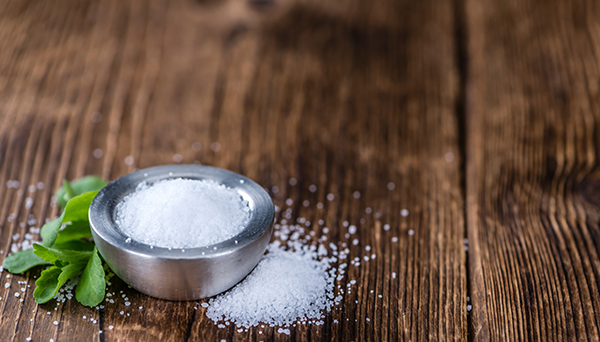Some of the cooking and baking ingredients you use almost daily can be loaded with carbs, which can be a problem when you’re following a low-carb diet. Fortunately, there are some cooking substitute for carbohydrates you can use to still enjoy home-cooked meals while reducing your carbs. In some cases, you may need to experiment to find the right ratios or the products you like best, but you’ll soon be able to enjoy low-carb cooking that will help you reach or maintain your weight loss goals.

Milk cooking substitutes
Whole milk has 11.4 grams of carbohydrates per cup, as well as a shocking 166 grams per cup of sweetened condensed milk – a staple of many recipes.
Instead, use low-carb substitutes such as unsweetened soy milk (between 2 and 5 grams) or unsweetened almond milk (2 to 3 grams). Even canned coconut milk comes in with far fewer grams of carbs, at 6.3. These milk cooking substitutes can usually be found in your local Texas grocery stores.

Flour cooking substitutes
One cup of all-purpose flour contains almost 100 grams of carbs. In contrast, coconut flour has 10 grams of fiber – which helps you feel full – and only 6 grams of net carbs (total carbs minus fiber) per quarter-cup. A quarter-cup can be substituted for every cup of regular flour, but you’ll need to increase the liquid content by about 20 percent since coconut flour absorbs more liquid than regular flour.
Almond flour has healthy unsaturated fats and 2 grams of net carbs per quarter-cup. Start by substituting 25 percent of your regular flour with almond flour, but you may be able to increase the amount for some recipes as you get more accustomed to using this low-carb ingredient.
Flaxseed meal contains zero net carbs per quarter-cup and it is rich in fiber and omega-3 fats. Start by replacing a quarter-cup to a half-cup of regular flour with flax flour.
Low-carb baking mixes can also be a good choice as they contain a blend of substitutes, such as oat and soy flour. However, their carb content can vary by brand, so it’s important to read the label. You should be able to purchase these flour cooking substitutes at your local HEB, Sprouts, Central Market or Whole Foods.

Sugar cooking substitutes
White sugar and brown sugar each contain about 4 to 5 grams of carbs per teaspoon, which can add up quickly if your recipe calls for a half-cup to a cup of sugar.
Sweeteners such as Stevia, Monk fruit sweetener, or Erythritol have no carbs, but you may have to make some adjustments. Stevia, for example, is 200 to 300 times sweeter than sugar, so you’ll need to use much less. Some brands taste bitter to some people, so it may take some experimenting to find the brand you prefer.
Monk fruit sweeteners come in liquid, granule, or powder form and are 150 to 200 times sweeter than sugar.
Erythritol comes in granulated and powder forms and can also be used in baking. It can cause stomach issues for some people when consumed in large quantities, so be sure to monitor how much you’re using. Sugar cooking substitutes can be found at any major Texas grocery store.
For more information about the benefits of low-carb cooking and cooking substitutions, contact BMI of Texas.

